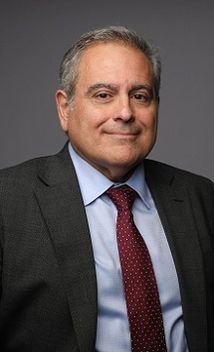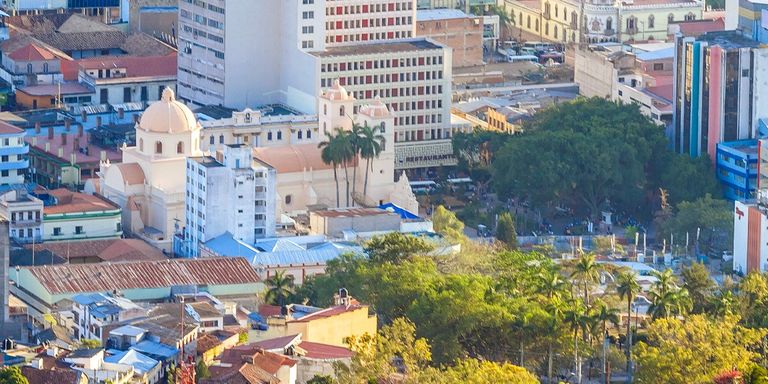
Brazil and Suriname
Paulo Guilherme Farah Corrêa is the Executive Director for Brazil and Suriname since August 1, 2023.
With a career marked by unwavering dedication to promoting equitable growth and prosperity in regions facing diverse economic challenges, his extensive experience, leadership acumen, and commitment to sustainable development make him an invaluable asset in the world of international development and economic policy.
Prior to his current position, Paulo was the Chief-Economist of the World Bank's Program on Equitable Growth, Finance, and Institutions in Southern Africa. At this position he was responsible for a portfolio of about 25 projects corresponding to more US$3 billion, including studies and technical assistance covering macroeconomic topics, poverty and inequality, governance, financial sector and private sector development in Mozambique, Madagascar, Comoros, Mauritius and Seychelles.
Paulo joined the World Bank in 2002 as a senior economist and has worked in different technical, strategic, and managerial positions. He worked in more than 30 countries in Latin America, Europe and Central Asia and Africa regions, including fragile countries with a high risk of conflict and violence, designing and implementing structural reforms for inclusive growth and poverty reduction.
Paulo received 13 awards for technical excellence and inter-institutional collaboration. His most recent works include the World Bank's strategy for Mozambique for the period 2023-27 and the report on climate change and development for that country (Mozambique Country Climate and Development Report - World Bank, 2023).
In 2015, Paulo took leave from the World Bank to take on the role of Secretary of Economic Monitoring at the Ministry of Finance (SEAE-MF) in 2015-16, where he was responsible for the design and implementation of microeconomic reforms to promote productivity and investments. His work included the mobilization of private financing for infrastructure; the restructuring of the debts of energy distribution companies; the deregulation of the insurance industry; the review of subsidies to the business sector and the reforms of state-owned enterprises. Paulo had been Deputy Secretary for Monitoring between February 1999 and December 2001 where he was responsible for the enforcement of competition, regulation, and trade remedy laws in the Ministry of Finance.
Paulo Correa was a resident advisor to the competition agency in Panama in 1997-98
Paulo participated on the board of directors of public and private companies including the Caixa Seguradora (2015), Brasil Foods (2015) Banespa (2001) and Banco do Estado do Ceará (1999-2000).
He was a university professor at the Brazilian Capital Market Institute and Universidade Candido Mendes in between 1992-2002, and a researcher at the Foundation Center for Foreign Trade Studies - Funcex and the National Bank for Economic Development and Social (1992-1996).
Paulo Correa holds a master's degree in Economics from the University of Western Ontario, Canada (1996), a master's degree in Industrial Economics (1992) and a bachelor's degree in Economics (1990) from the Federal University of Rio de Janeiro.
Inter-American Development Bank
1300 New York Avenue, N.W
Washington, D.C 20577, USA
We design and enable innovative and effective solutions that promote inclusive and sustainable development in the region.
Learn how our team is organized to fulfill our mission of improving lives in Latin America and the Caribbean.
The IDB has a Public Information Center (PIC) that allows the public to submit a request for information for documents or information held by the Bank.
